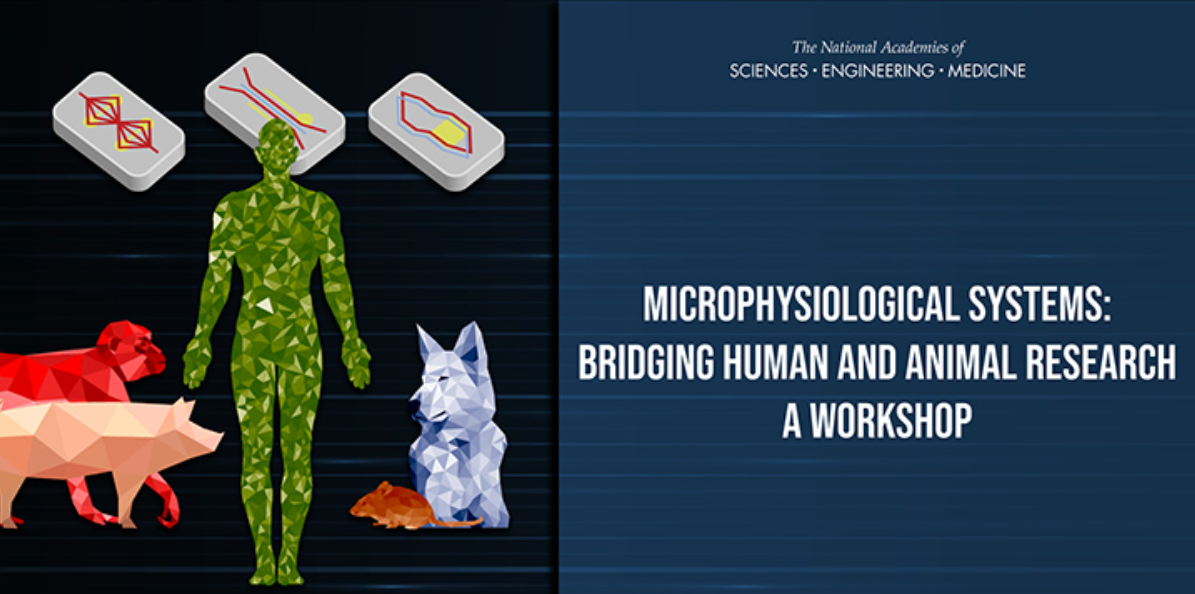
MPS world summit: towards regulatory approval
A recent one day virtual conference brought scientists, charities, regulators and policy makers together in order to start the process of creating a roadmap for widespread use and acceptance of Microphysiological Systems (MPS) within both industry and regulatory agencies. MPSs are technologies such as human tissues and organs cultured on miniature chips (also termed Organ-on-Chip) that mimic the properties and function of that organ or tissue. They are promising tools for advancing the understanding of the mechanisms of human disease and toxicity and may therefore help accelerate drug development. Talks from scientists discussing the standardization, scaling up and quality control of the platforms and cells used were given followed by presentations describing initiatives to overcome regulatory hurdles to acceptance of these models. It was clear that these exciting technologies offer huge potential in the field of drug discovery and development but their acceptance by regulatory agencies is needed before they are used routinely in this field. What was interesting about this meeting was that all regulatory representatives present on the panel agreed that they would like to see more MPS data included in sponsors submissions to the agencies and were keen to learn more about how and where they may be used in drug discovery and biomedical sciences.
Related: Advancing Regulatory Science Through Innovation- In Vitro Microphysiological Systems; Organ-on-Chip in Development: Towards a European roadmap for Organ-on-Chip: Organ-on-Chip In Development ORCHID Final Report

